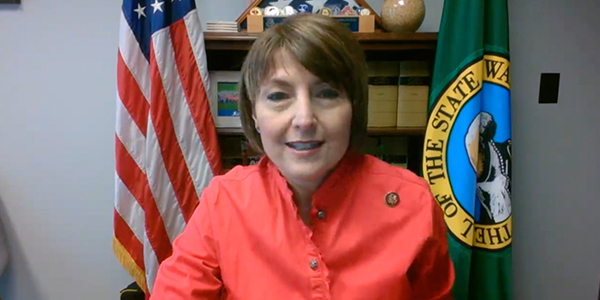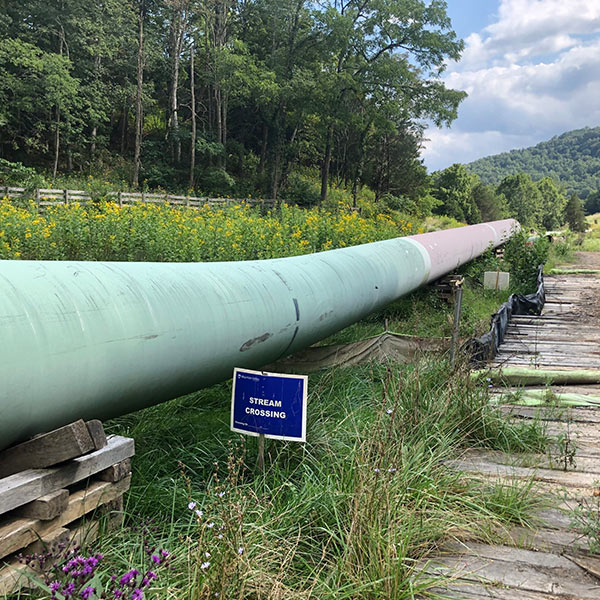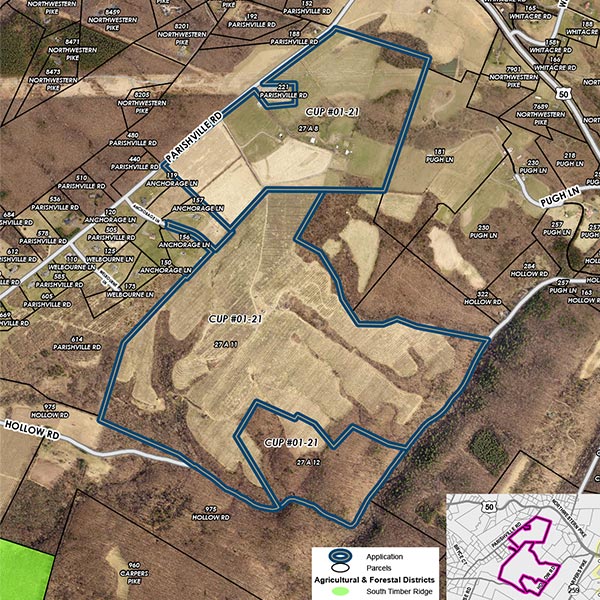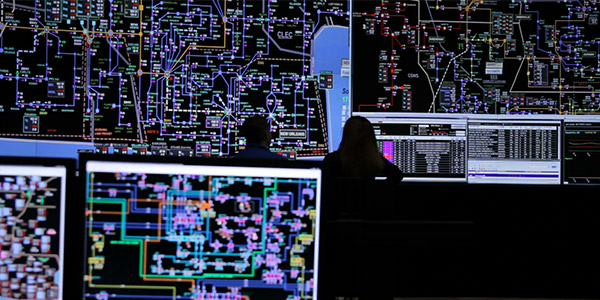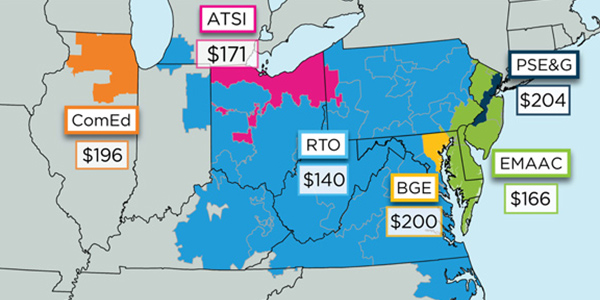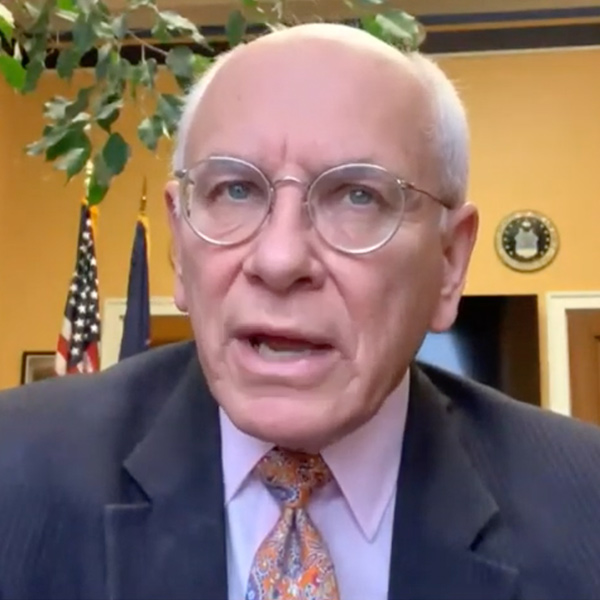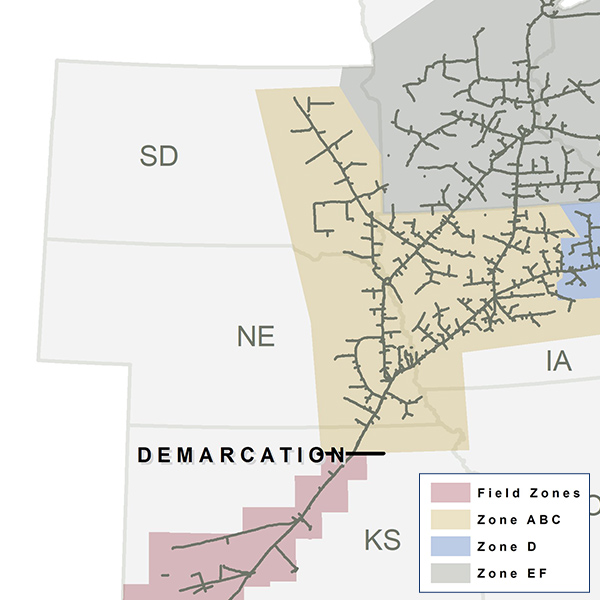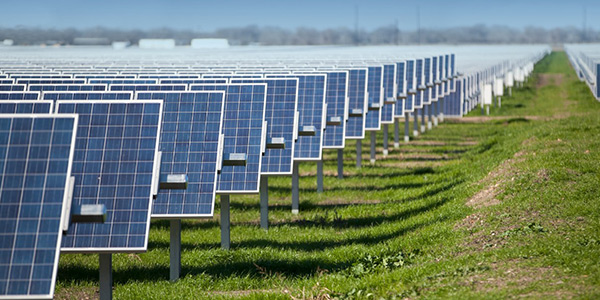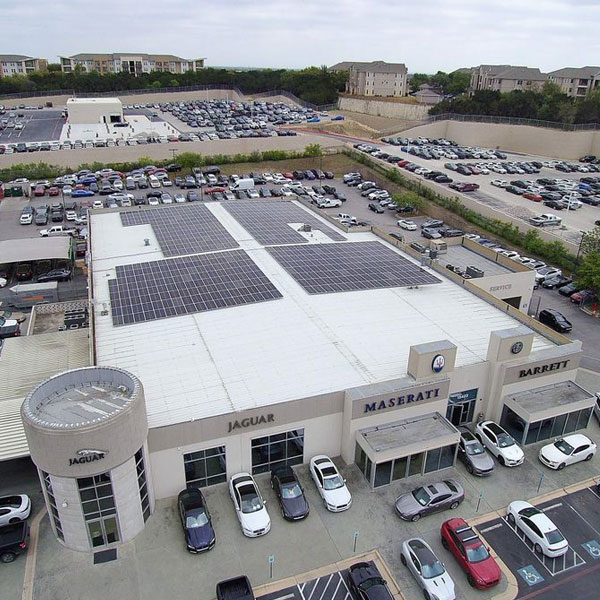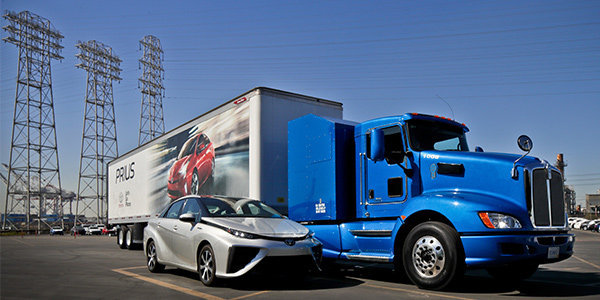FERC & Federal
The Federal Energy Regulatory Commission is an independent regulatory agency that oversees the transmission of electricity, natural gas and oil in interstate commerce, as well as regulating hydroelectric dams and natural gas facilities.
The House Energy and Commerce Committee considered the LIFT Act, which would allocate $312 billion for building and upgrading electric infrastructure.
Landowners told FERC that they doubted its new Office of Public Participation would improve the commission’s decision-making on natural gas infrastructure.
FERC found the tax relief granted to a solar farm being constructed in Virginia does not fall under PJM’s MOPR or qualify as a state subsidy.
FERC granted MISO permission to embed the production costs of providing spinning reserves in its market prices.
FERC ordered PJM to revise its market seller offer cap to prevent sellers from exercising market power in the RTO’s capacity market.
A hearing on the CLEAN Future Act provided a view of the wide gap in policy objectives between Democrats and Republicans.
In a shift in commission policy, FERC for the first time assessed the greenhouse gas emissions of a proposed natural gas infrastructure project.
FERC reversed its September order denying a Montana solar hybrid project certification as a qualifying facility because its capacity was too large.
FERC reversed its ruling giving state regulators power to prevent demand response from participating in DER aggregations.
Vehicle industry and government leaders discussed accelerating development of lower-emission technologies with the Senate Energy Committee.
Want more? Advanced Search
